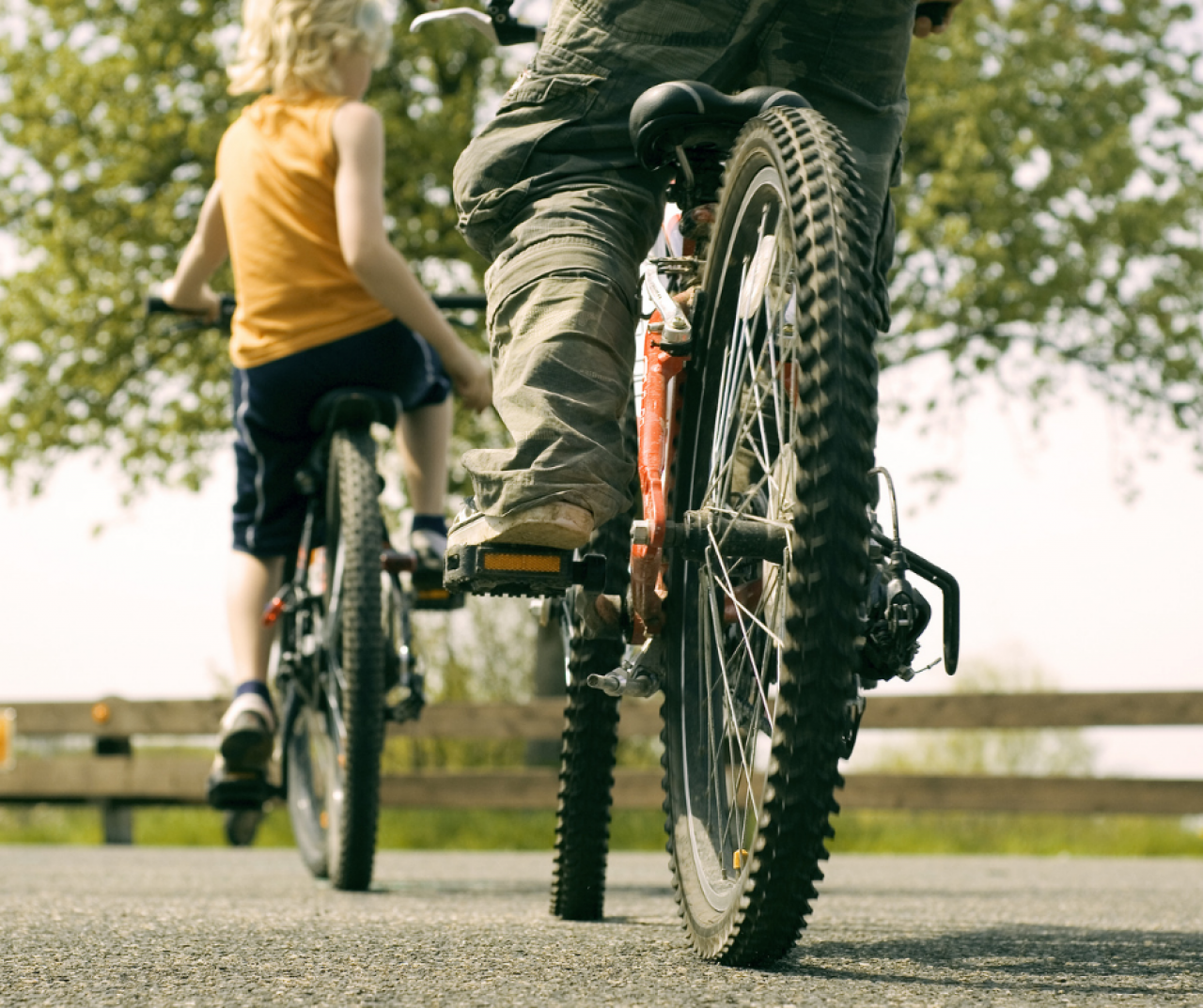
The European project Healthy Cities started in 2019, allowing our city of Loulé to continue the work developed during the Vital Cities - Make You Active project, but adding a very interesting topic of study, debate and analysis: the urban local.
In short, it is understood that local resources facilitate or condition the active and healthy lifestyle habits that we intend to promote. But all of this was severely impacted by the pandemic situation that hit and still affects the world, with serious consequences at all levels. One of these consequences is the substantial increase in sedentary lifestyles.
Due to lockdowns, the local community remained in the safety of their homes for some time, avoiding social contact as much as possible. In the aftermath of this, we’d like to take the opportunity to look back at everything that has changed in our lives in the last two years due to COVID-19.
The municipality of Loulé took several measures that proved to be efficient and effective, not only in combating the virus, but also in defending the population and protecting the quality of life and sustainability of the municipality. Loulé developed measures to combat sedentary lifestyles, but that also allow the population to be safe.
Some examples of measures taken are:
- Creation of a digital platform, with the motto “#Louléficaemcasa”, and later “#Loulénãopara”, through the city’s COVID webpage
- Creation of an entirely free support line for the population called “Linha de Suporte Loulé Solidário”
- Creation of a free-access digital platform available for local businesses in the municipality. Loulé Comerció Local a tool through which local businesses can simultaneously advertise and market their products through online sales, their contacts, their location through georeferencing, and more
- Free distribution of food to the needy population
- Free distribution of masks, visors and protective gloves, and other PPE
Alongside these measures, it is important to highlight the dynamics of Loulé in terms of promoting healthy lifestyle habits through sport and physical activity.
This dynamic was abruptly disrupted by COVID-19. Sports events and activities aimed at formal or informal sports were suspended or even cancelled.
What has the municipality done to adapt to change and limitations? Continuing the work developed and, thinking about the physical and mental health of the population, we are betting on new technologies to add value to our population in a particularly difficult phase.
The Municipality of Loulé, within the scope of Healthy Cities, has developed a set of initiatives that began during lockdown to minimise the impact of the pandemic on the health of the population. Some of the key actions emerging from this include:
- Making routes available through GPX files for the population to run, walk or cycle safely, respecting the social distance inherent to the current situation and depending on the physical condition and preference of each individual. These proposals are part of a leisure activity accessible to everyone, and can be carried out individually, with the family or in small groups of friends (less than 10 participants). The municipality has a website dedicated to sports with a specific page for these initiatives (available in Portuguese, English and French), where interested parties can download the various routes.
- Creating an Online Sports Training Plan where all interested parties have the opportunity to access training courses accredited by the Sports and Youth Institute in the most varied themes within sports.
In 18 months, more than 60 online trainings took place:
- Thematic webinars were held where, in a virtual environment, all interested parties participated in an event to exchange experiences and knowledge in the areas of sport, nutrition, psychology, leadership, resource management etc.
- On the Municipal Sports website, a page with 10 video lessons with 10 tutorials was made available, with a set of recommendations to help the population to be active at home, reducing the time spent on sedentary behavior and improving the population's health.
- Online meetings were organised with the local partners of the municipality with the aim of analysing the city's situation, thinking of concrete measures to minimise the consequences of COVID-19 at the local level and thinking of measures to combat local problems at the planning level in the near future.
One of the measures suggested was creating urban cycle paths to reduce daily car traffic - a measure with implications for urban planning that also allows the population to have more environmentally-friendly mobility opportunities. However, there is a basic problem that has to be considered - about 75% of children under the age of 10 do not know how to ride a bicycle.
We believe the best way to change attitudes is to promote the bicycle as another element of the child's daily life. In order to create a positive influence, we think that the most effective approach is to take bicycles to the pre-school and 1st cycle school environment, involving children from 3 to 10 years old. Thus, within the scope of Healthy Cities and as a suggestion by the local support group, the Bicycles at School project was created with the main objective of going to schools in the Municipality of Loulé to teach children to ride a bicycle, providing them with skills, autonomy, and better integration with the environment while reducing their carbon footprint. The project Bicycles at School will soon begin development in schools in Loulé and will be part of the “Small Scale Action” of Healthy Cities. Stay tuned to learn more!
